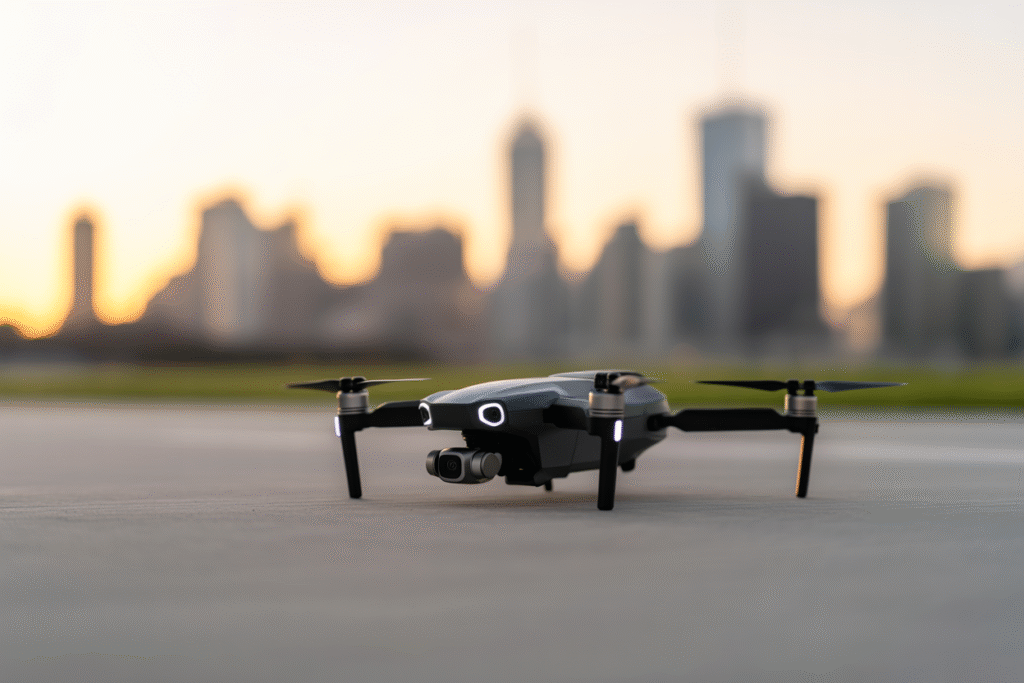Fresh polls reveal 71% fear AI job loss and 48% reject AI military strikes—here’s why the debate matters now.
AI isn’t coming for our jobs and wars—it’s already here, and the numbers are startling. A brand-new poll shows most Americans are losing sleep over both pink slips and push-button warfare. Let’s unpack why these fears are exploding right now.
The Fear Factor
Imagine scrolling through your feed and seeing a poll that says 71 percent of Americans are terrified AI will steal their jobs forever. That’s not sci-fi speculation—it’s fresh data from a survey that dropped just hours ago. The same poll found 48 percent of us flat-out reject letting AI decide who lives or dies on a battlefield. Numbers like these aren’t just stats; they’re a national mood ring, flashing red over how fast AI is marching into our paychecks and our peace of mind.
When Robots Call the Shots
Autonomy isn’t knocking on war’s door—it’s already inside, rearranging the furniture. Picture swarms of AI drones that can pick targets faster than any human pilot, or logistics bots that resupply frontline troops without a single radio call. Proponents say this saves lives by keeping soldiers out of harm’s way. Critics counter that when machines make lethal choices, accountability evaporates faster than smoke from a misfire. The debate boils down to one unsettling question: do we want wars fought by algorithms we can’t fully understand?
Anxiety Goes Viral
Headlines scream about killer robots, but the quieter crisis is happening inside our heads. Therapists report a surge in clients who can’t sleep because they’re haunted by “Terminator nightmares.” Tech workers confess they’re updating résumés while the code they wrote yesterday might replace them tomorrow. Meanwhile, conspiracy forums buzz with tales of AI surveillance states where every keystroke is logged. The fear is real, and it’s feeding a collective anxiety that could shape policy faster than any lobbyist.
The Puppet Strings
Here’s the twist: AI doesn’t just watch us—it learns how to push our buttons. Systems already track eye movement to keep us glued to screens, fragment social feeds to deepen tribal divides, and nudge shoppers toward impulse buys. Translate that toolkit to a military context and you get propaganda bots that can destabilize an entire population before a single shot is fired. The line between defense and manipulation blurs, raising an urgent need for rules we haven’t written yet.
Reclaiming the Pen
So what can we do before the genie fully escapes the bottle? First, demand transparency: every AI system deployed by defense agencies should pass public audits. Second, fund retraining programs so displaced workers aren’t left behind. Third, push for international treaties that treat autonomous weapons like chemical arms—too dangerous to ignore. The future isn’t pre-written; it’s a draft we’re all editing in real time. Speak up, share this story, and let’s make sure the next chapter includes human oversight on every page.


